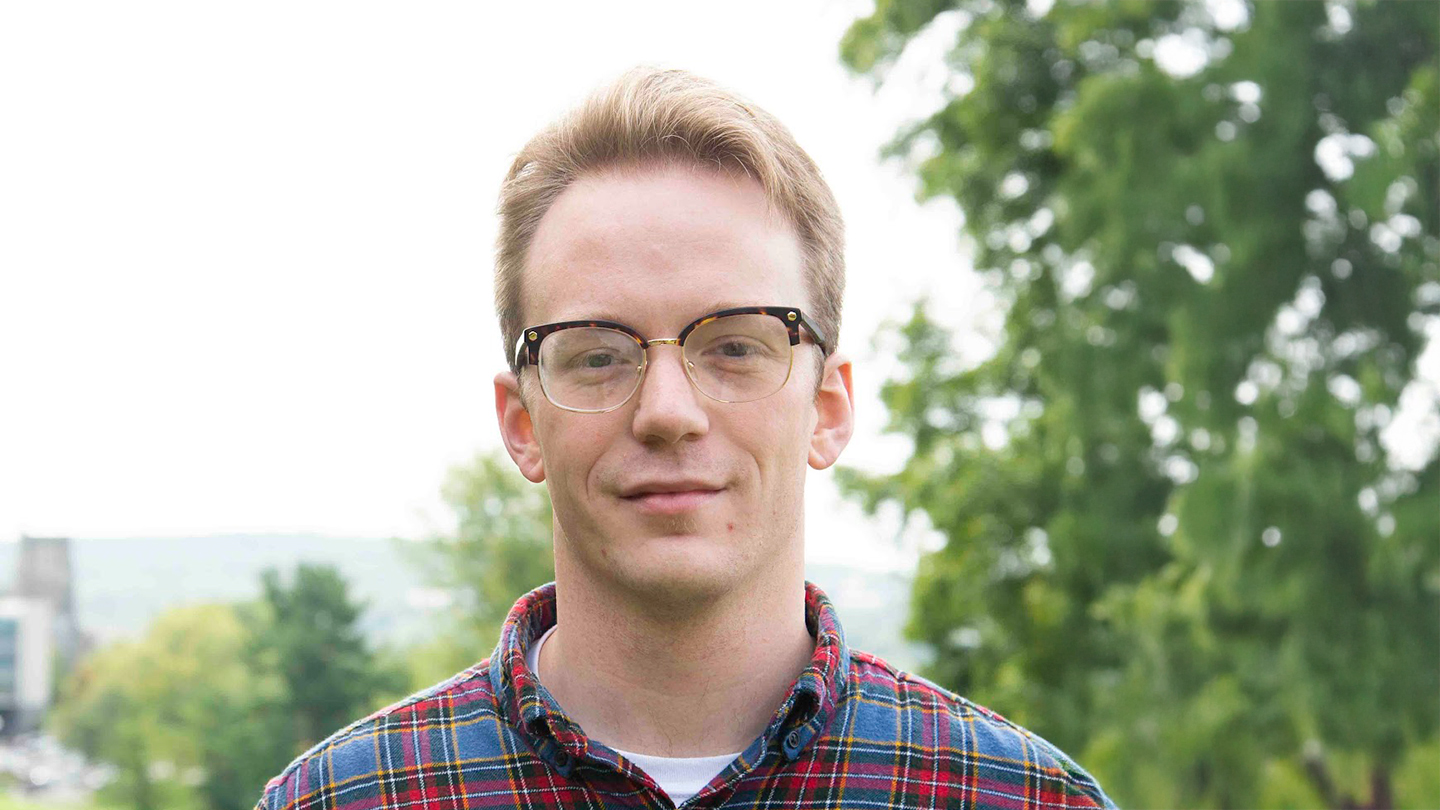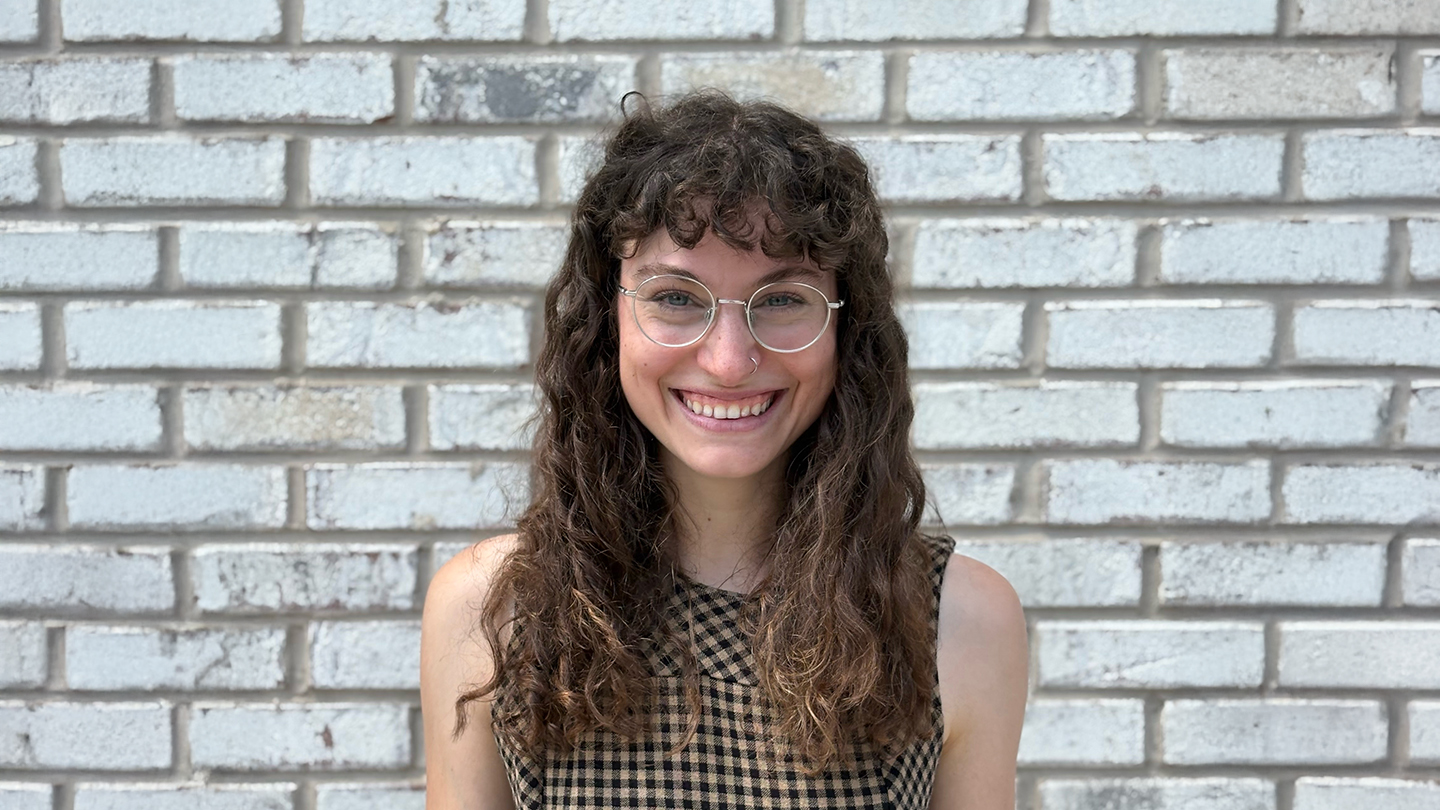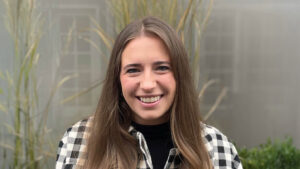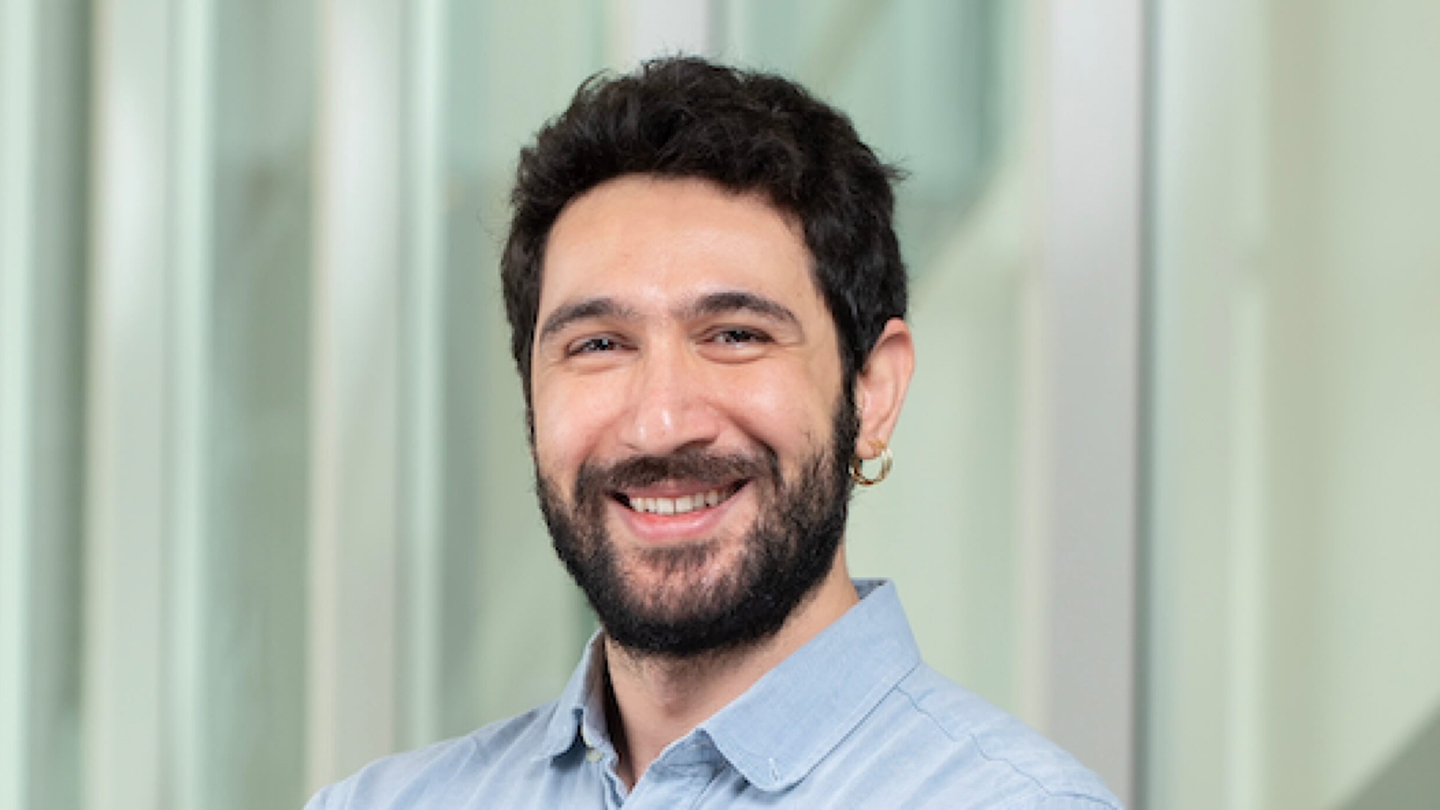Center for Economy + Society

At the SNF Agora Institute’s Center for Economy and Society, we reinvigorate core debates about political economy.
As scholars, teachers, and community-builders, our ideas move freely across disciplinary and ideological boundaries. Historically, fixed models of political economy have obscured potential avenues for innovation. Here, through generative disagreement and productive discourse, we explore those hidden opportunities and develop actionable solutions to address pressing global challenges.
The Center for Economy and Society is one of a number of inter-related initiatives funded by the Hewlett Foundation and Omidyar Network.
Discovery: Uncovering Points of Convergence
By reframing conversations and reorienting debates along different axes, we aim to reopen static debates in political economy, make disagreement more fruitful, and discover unexpected points of convergence.
Our core areas of exploration include:
- AI and the Economy: Delving into how artificial intelligence is redefining economic landscapes. (Farrell, Hyman, Burgin)
- Economic Security: Examining the foundations of financial stability in modern society. (Farrell, Hyman)
- The New Abundance Economics Agenda: Charting a new course for prosperity in today’s world. (Teles, Prasad)
- Innovations in the Infrastructures of Care: Reimagining support systems for the 21st century. (Teles, Liu)
- U.S.-China and the World: Navigating the complexities of global economic leadership. (Ang, Hyman)
- Poverty and Development: Tackling the root causes of poverty with fresh insights. (Ang, Prasad)
- The Economics of the Workplace: Understanding the evolving dynamics of our workplaces. (Halliday, Hyman)
- Political Economies of Exclusion: Addressing the barriers that divide us. (Ang, Liu)
Education: Cultivating Leaders for Tomorrow
Our goal is to cultivate a new generation of students who are poised to tackle the complex political and economic issues of our era. Our educational approach is rooted in comprehensive and integrative strategies that inspire students to embrace a multitude of viewpoints. By promoting deep reading, rigorous and structured research methods, and communal engagement, we aim to shape minds that are agile, informed, and socially responsive.
Our educational programs include:
- BA in Moral and Political Economy: The BA in Moral and Political Economy is a new undergraduate major offered at Johns Hopkins University that teaches students to think about economic problems in their moral, social, and political contexts. It is Johns Hopkins’ only selective major in the humanities and social sciences, and requires all students to complete senior honors theses. For more information, please contact the director of undergraduate studies at [email protected].
- enCOREage: Currently housed at SNF Agora’s Center for Economy and Society, the enCOREage project is a unique collaboration among CORE Econ, the Center for Advanced Study in the Behavioral Sciences (CASBS) at Stanford University, and Honor Education (Honor Ed). The project will create a free and open introductory e-textbook, “Understanding the Economy,” to engage with students’ lived experience and to address the problems they are most interested in, such as inequality, innovation, climate change, and the future of work.
Connection: Building Bridges, Shaping Futures
One of the first steps toward change is connecting people. As a professional network and research center, we serve as an incubator of ideas and a hub for exchanging these ideas across sectors and channels.
Our key connection and engagement activities currently include:
- District Dinners: Our monthly district dinners bring journalists, researchers, think-tankers, and policymakers together for salon-style dinner conversations across three thematic areas: economic statecraft; American political economy; and US-China in a global perspective.
- Scholarship and Journalism: Alongside commissioning traditional academic papers for placement in peer-reviewed journals, we also prioritize sharing knowledge with major media outlets such as The Economist, The New York Times, The Wall Street Journal, C-Span, and more.
- Visiting Fellowships: Each year, we extend visiting fellowships to several journalists in the DC area whose investigative interests align with our mission. These fellowships not only support journalism but also strengthen the ties between research and reporting, enabling a deeper exploration of topics.
Postdoctoral Fellowships in CES
The Center for Economy and Society invites applications for two or more postdoctoral fellowships in Moral and Political Economy. Fellows will be appointed for a three-year term and will be expected to teach two sections or seminars in the first year, and three sections or seminars in both the second and third years, in addition to advising senior thesis students in the major. During the academic year, fellows are expected to remain in residence in the Baltimore-Washington region, and to participate actively in the intellectual community of CES.
| Learn more about the postdoctoral fellowship |
Research Assistantships + Internships
CES offers paid opportunities for undergraduates in the Moral & Political Economy major to gain hands-on research experience. During the academic year, research assistantships match students with CES faculty and fellows; in the summer, full-time internships place students with leading international development organizations.
| CES Research Assistants Program | Undergraduate Summer Internship Program |














